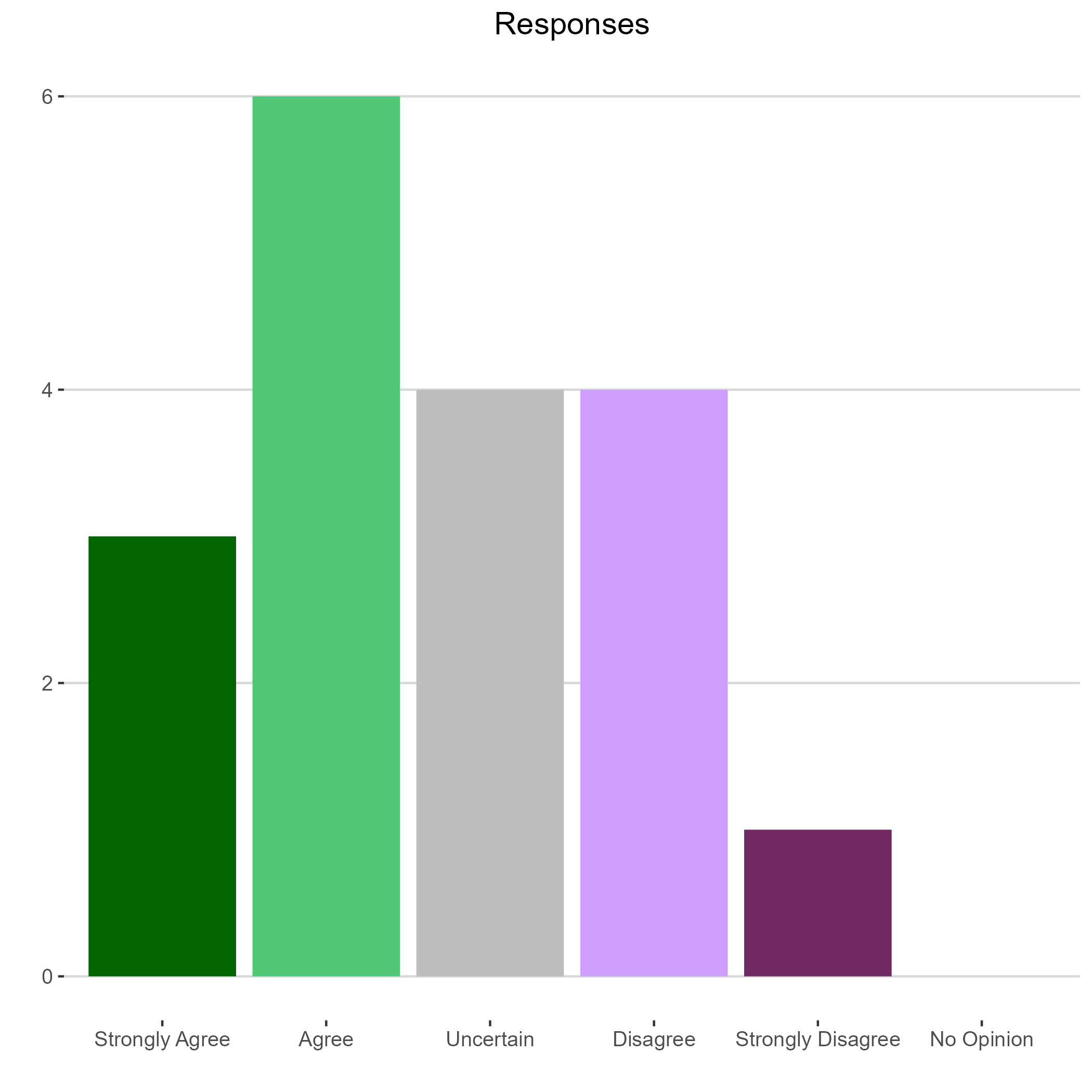| Jonathan Andreas |
Bluffton University |
Uncertain |
7 |
Again, I doubt it will have a measurable impact, but the point of this is clearly NOT to increase the economic productivity of students, so there is no reason to think that it would be good for economic growth. The main points are to impose a politically correct ideology of capitalism, restrict interchange with China, make it easier for politicians to monitor individual classrooms and ban subjects that the politicians decide are too "controversial" to be spoken. You can have high economic growth under an authoritarian educational system (witness China) as long as the schools are also teaching a lot of useful stuff in addition to the politically correct dogma that the current regime is promoting. And just because talented faculty and students might go to another state to avoid our politically-stifling regime doesn't mean that graduates won't return to Ohio to work as long as the rest of our institutions remain free and healthy in the state. |
| David Brasington |
University of Cincinnati |
Disagree |
8 |
so few students affected; the only wildcard I see is if a foreign government restricts its students from studying in Ohio in response to the law change |
| Ron Cheung |
Oberlin College |
Strongly Agree |
9 |
|
| Kevin Egan |
University of Toledo |
Disagree |
2 |
I have little certainty in my answers but I expect the impact to be small. The state of Ohio could choose to subsidize state public universities more and that would be way more important for future enrollment of students which would lead to future long-term economic growth. In reverse, if they reduce state subsidy, that would reduce enrollment and long-term growth more than SB1. |
| Kenneth Fah |
Ohio Dominican University |
Uncertain |
8 |
|
| Vinnie Gajjala |
Tiffin Univeristy |
Uncertain |
8 |
|
| Will Georgic |
Ohio Wesleyan University |
Agree |
9 |
Barring some catastrophic policy failure at the state or federal level, Ohio's state economy will continue to grow. But that growth will be slower with a less educated workforce than it would be otherwise. Economic literature on growth and human capital makes that fairly clear. |
| Bob Gitter |
Ohio Wesleyan University |
Disagree |
7 |
There will be very little, if any, impact. |
| Nancy Haskell |
University of Dayton |
Agree |
9 |
|
| Paul Holmes |
Ashland University |
Disagree |
7 |
I doubt these restrictions will have much long-term effect. Compliance costs will be non-zero, but economically unimportant in my opinion. |
| Christian Imboden |
Bowling Green State University |
Agree |
7 |
The overall level of higher education in Ohio will decrease in the long run as talented academics avoid teaching in the state of Ohio and choose other states instead. |
| Michael Jones |
University of Cincinnati |
Disagree |
6 |
|
| Charles Kroncke |
Mount Saint Joseph University |
Agree |
8 |
Students will think less critically if the bill is implemented and enforced. |
| Bill LaFayette |
Regionomics |
Agree |
5 |
To the extent that students are less prepared to deal with a diverse population, that members of underrepresented populations receive fewer admissions and less support, and that attraction and retention of students and graduates will decline. |
| Trevon Logan |
Ohio State University |
Agree |
9 |
|
| Joe Nowakowski |
Muskingum University |
Uncertain |
7 |
|
| Iryna Topolyan |
University of Cincinnati |
Strongly Agree |
10 |
|
| Ejindu Ume |
Miami University |
Disagree |
5 |
|






